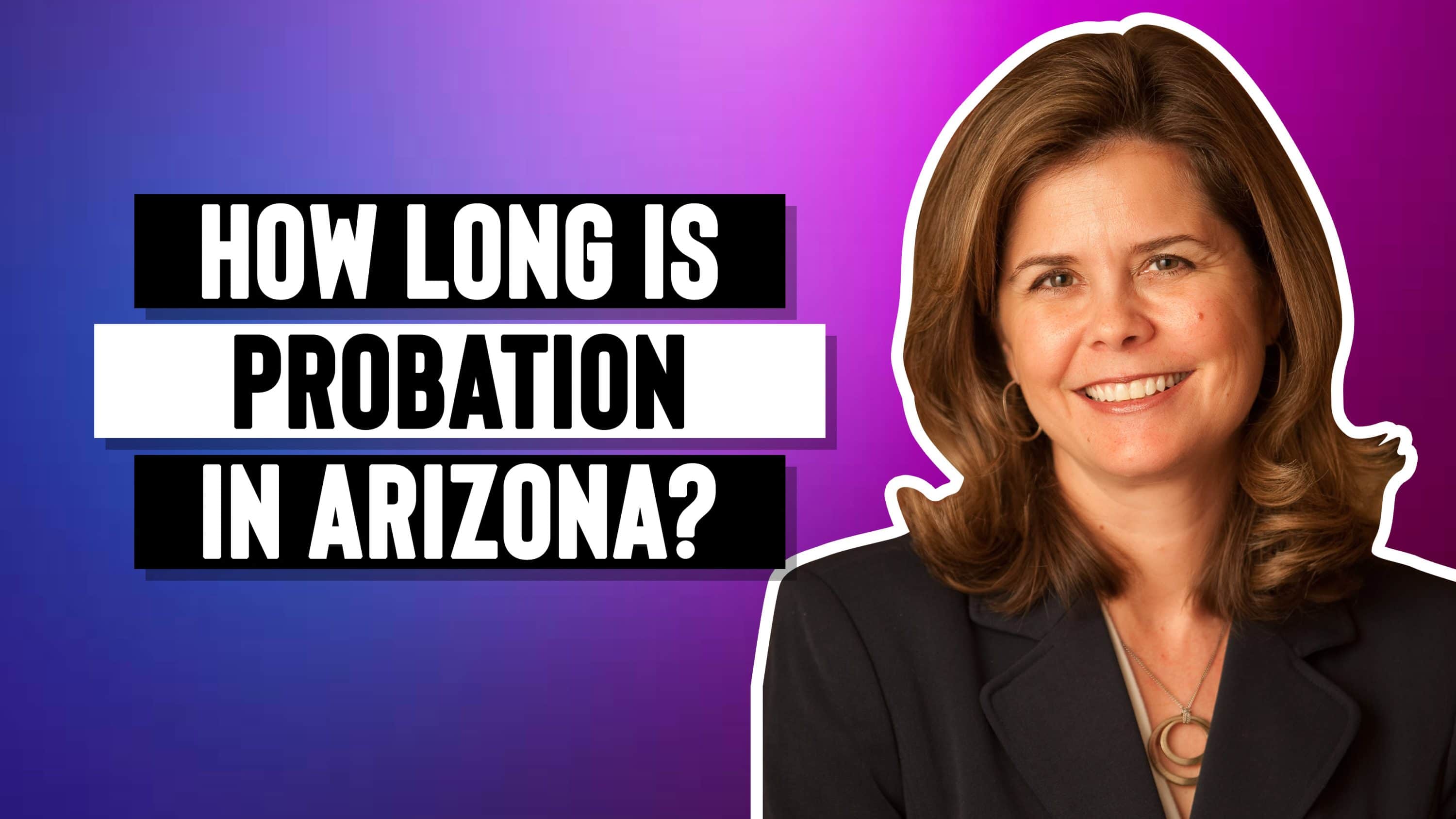
How Long is Probation in Arizona?
A person who is convicted of a misdemeanor or felony offense in an Arizona court can be placed on probation. An alternative to jail time, probation allows them to be released from confinement for a specified period, provided that they abide by the terms of their probation and coordinate with their probation officer.
Under Arizona law, a convicted individual can only be placed on probation for a certain amount of time, the length of which depends on the offense they were convicted of.
Probation Periods for Each Class of Criminal Offenses
Misdemeanors and felonies are categorized according to the seriousness of the offense and their accompanying penalties. These classes of criminal offenses also have differing probation periods, namely:
- Class two felonies – maximum of seven years
- Class three felonies – maximum of five years
- Class four felonies – maximum of four years
- Class five and six felonies – maximum of three years
- Class one misdemeanors – maximum of three years
Special Terms of Probation for Certain Types of Offenses
There are some offenses that carry their own special terms of probation. One example is driving under the influence (DUI). A misdemeanor DUI can get up to five years of probation while the maximum for a felony DUI is 10 years.
Some serious crimes, such as sex offenses, can carry a probation term that lasts the entirety of the convicted individual’s lifetime.
Things That Can Extend the Probation Period
The probation period can be extended for a number of reasons. Among these include if the convicted individual owes restitution or absconds in the middle of their probation.
Restitution
Restitution is a fine that convicted individuals have to pay to their victims. Even someone on probation needs to settle their restitution fees. If their probation period has expired but they have not completely settled their restitution, their probation can be extended.
The extension can be as long as five years for felonies and two years for misdemeanors.
Absconding
During the probation period, the convicted individual must report to their probation officer continuously. If they abscond, leave, or stop reporting, the court will issue a warrant for their arrest.
The time they are not accounted for is not counted in their probationary term. When they are caught, they will need to serve that missed period, which extends their probation time.
Latest Posts
What Should I Do If I’m Incarcerated and Owe Child Support?
A parent with a child support order must pay the amount decreed. If they cannot, for example, if they are in jail, the obligation to pay child support does...
Can I Get My Civil Rights Restored in Arizona If I am a First-Time Felony Offender?
Arizona laws are stricter than most states when it comes to the civil rights of a felony offender. When someone is convicted of a felony, they lose their...

